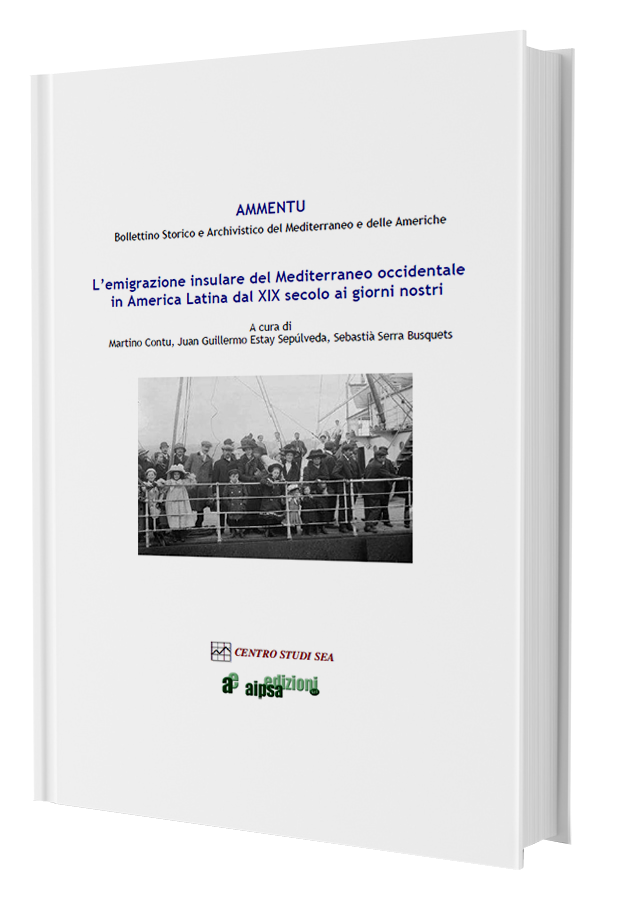Viajeros de ida y vuelta. La forzada emigración de Francisco Bernareggi y Mariano Montesinos
DOI:
https://doi.org/10.19248/ammentu.276Keywords:
Noucentisme, culture, painters, liberalism, renewalAbstract
Coinciding with the flow of migrants form Mallorca to Argentina at the beginning of the 20th century came a reverse fact marked by the presence of Argentine artists on the island. Aside from an important group that made round trips, the paper focuses on the figures of Francisco Bernareggi and Mariano Montesinos, who established themselves with a clear vocation of permanence. Married with Majorcan, they bought several properties while they became part of the most innovative intellectual life. Politically linked to parties of liberal ideology they returned to Argentina before the outbreak of the Civil War, beginning a true immigration in their own country. The political circumstances of Argentina, as well as the new artistic order hindered their integration, among other reasons because they were not well-known artists and they should search job alternatives ranging from the civil service and teaching, although they remained linked intrinsically to the Majorcan learnings pictorial practice. To the repressive policy of Juan Domingo Perón, both artists question is again turning to give to their careers. And in this sense the response proved divergent: Bernareggi returned to Mallorca and Montesinos was definitively established in Argentina. Anyway, translates a clear identification with the island that goes beyond the pictorial field, and that is detected in the assimilation of a time and a given society, that in the cases studied by the Noucentisme: severe and recondite aspects that pierced through the ocean in his travels of roundtrip.Downloads
Published
2017-12-30
Issue
Section
V PARTE - L’emigrazione insulare mediterranea: intellettuali e artisti argentini nell’isola di Maiorca
License
Note on the copyright
The Copyright Notice below must be included with the journal information and in the metadata for each published article. Although every journal can freely determine the nature and scope of the copyright agreement with its authors, the Public Knowledge Project recommends the use of a Creative Commons license. For these purposes, an example is provided and may be copy and pasted in the space below for those journals that (a) offer open access, (b) offer deferred open access or (c) do not offer open access.









